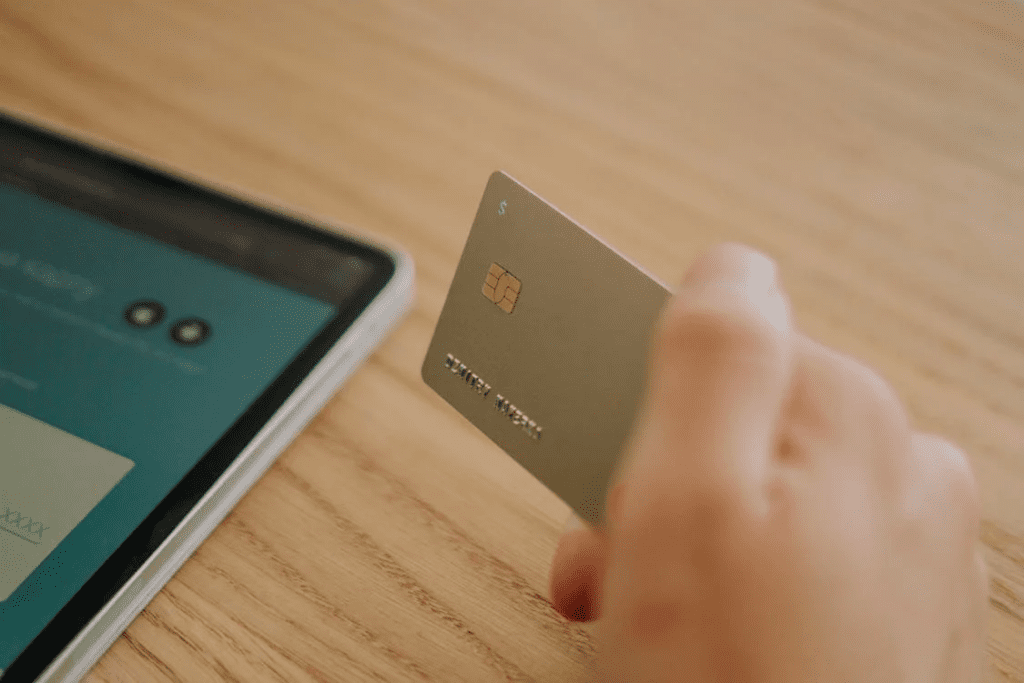Many people in the U.S. don’t have a bank account. This makes it hard for employers to pay them. Traditional methods like direct deposit or paper checks aren’t always an option. This article explores different ways employers can pay these workers, focusing on pay cards as a modern solution.
Key Takeaways
- A significant number of employees don’t have bank accounts, posing payment challenges for employers.
- Digital accounts offer a convenient alternative, functioning like debit cards without needing a bank account.
- Both employers and employees benefit from pay cards through cost savings and immediate access to funds.
- Federal and state regulations ensure pay cards are used fairly and transparently.
- Alternative payment methods like paper checks, cash, and mobile payments also exist but have their own pros and cons.
Understanding the Unbanked Workforce

Statistics on Unbanked Employees
According to the Federal Reserve, about six percent of adults do not have access to any bank account, a situation referred to as being unbanked. Additionally, 16 percent of adults are classified as underbanked, meaning they possess a bank account but still frequently use cash or other short-term financial services. This trend is particularly prevalent among individuals with lower incomes or lower levels of education, such as temporary workers.
Challenges Faced by Unbanked Employees
Unbanked employees face many challenges beyond just how and where to receive their money. These challenges can increase their stress at work and reduce their productivity. Some of the key issues include:
- Higher fees for cashing checks
- Limited access to financial services
- Increased risk of theft or loss of cash
Understanding these challenges is crucial for employers who want to help their unbanked employees manage financial stress and risks.
Impact on Employers
Employers also feel the impact of having unbanked employees. The lack of a bank account can make payroll processing more complicated and expensive. Additionally, the financial stress experienced by unbanked employees can lead to lower productivity and higher turnover rates. By understanding both the unbanked and the underbanked, employers can better prepare for conversations and questions about payroll issues and find solutions that minimize financial risks and fees for their employees.
Exploring Digital Accounts as a Solution
How Digital Accounts and Pay Cards Work
Digital Accounts and pay cards function similarly to debit cards. Each payday, an employee’s wages are directly deposited onto the card. The employee doesn’t need a bank account to use the card. These cards are often linked with major payment processors like Visa or Mastercard, allowing employees to make purchases in stores or online, and even pay bills. They can also withdraw cash from ATMs.
Benefits for Employers
Employers can save money by using pay cards. There’s no need to print and distribute paper checks, which reduces costs. Additionally, pay cards can streamline payroll processes, making it easier to manage payments for all employees, including those without bank accounts.
Benefits for Employees
For employees, digital accounts and pay cards offer several advantages:
- Immediate access to wages on payday
- 24/7 access to funds through ATMs
- Ability to make in-store or online purchases
- Ability to pay bills online
These benefits provide flexibility and convenience, especially for those who don’t have traditional bank accounts.

Federal and State Regulations on Pay Cards
When it comes to pay cards, there are important rules at both the federal and state levels that you need to know. The Consumer Financial Protection Bureau (CFPB) is the main federal agency that oversees pay cards. They make sure that employers can’t force employees to use a pay card. Instead, employees must have a choice between a pay card and another way to get paid. The other payment options are usually decided by state laws.
Alternative Payment Methods
When employees don’t have a bank account, you need to find other ways to pay them. Here are some options you can consider:
Paper Checks
Paper checks are a traditional method of payment. They are easy to issue and can be handed directly to the employee. However, they can be lost or stolen, and employees might have to pay fees to cash them.
Cash Payments
Paying employees in cash is another option. This method ensures that employees get their money immediately. However, it can be risky to handle large amounts of cash, and it may not be practical for all businesses.
Mobile Payment Solutions
Mobile payment solutions are becoming more popular. These methods allow employees to receive their wages directly on their mobile devices. This can be very convenient for employees who don’t have a bank account. Some popular mobile payment solutions include PayPal and other digital wallets.
Implementing Pay Cards in Your Organization
Employee Onboarding and Training
Proper onboarding and training are essential for the successful implementation of pay cards. Educate your employees about the benefits and functionalities of digital accounts. Provide clear instructions on how to use the card for various transactions, such as online purchases and ATM withdrawals. Highlight the convenience and flexibility that digital accounts offer, making sure employees understand how to access their wages without any hassle.
Monitoring and Support
Continuous monitoring and support are vital to ensure the system runs smoothly. Regularly check for any issues or concerns raised by employees. Offer a support system where employees can get help quickly if they face any problems with their pay cards. This ongoing support will help maintain employee satisfaction and trust in the new payment method.

Case Studies and Success Stories
One notable example is Winger Brothers, a small business that successfully implemented pay cards for their unbanked employees. Bronzati highlights the ease with which Branch enables onboarding and payments, even for individuals without a bank account. This convenience has lessened the HR team’s administrative load and boosted employee morale.
Rellevate offers digital banking services for employees and gift card services. Trustworthy, accessible, and empowering, with benefits for employers and employees. Pay Any-Day solution highlighted. Large corporations have also seen success with digital accounts. For instance, a major retail chain adopted pay cards to streamline payroll for its vast workforce. This move not only cut down on payroll processing time but also provided employees with immediate access to their wages.
Employees from various sectors have shared positive feedback about pay cards. Many appreciate the convenience and security of not having to carry cash. One employee stated, “Having a pay card means I can pay my bills online and shop without worrying about bank fees.” Another highlighted the benefit of 24/7 access to their funds, making it easier to manage their finances.
Discover how our clients have transformed their businesses with our innovative solutions.
From reducing costs to boosting employee satisfaction, our case studies and success stories highlight real-world benefits. Ready to see the difference for yourself? Visit our website today and explore how we can help you achieve similar success.
Conclusion
In conclusion, paying employees without bank accounts doesn’t have to be a challenge. Employers have several options, such as pay cards, which offer a convenient and efficient way to ensure all workers receive their wages on time. These alternatives not only help unbanked employees access their earnings easily but also save businesses money and time. By understanding and implementing these solutions, employers can create a more inclusive and supportive work environment for everyone.
